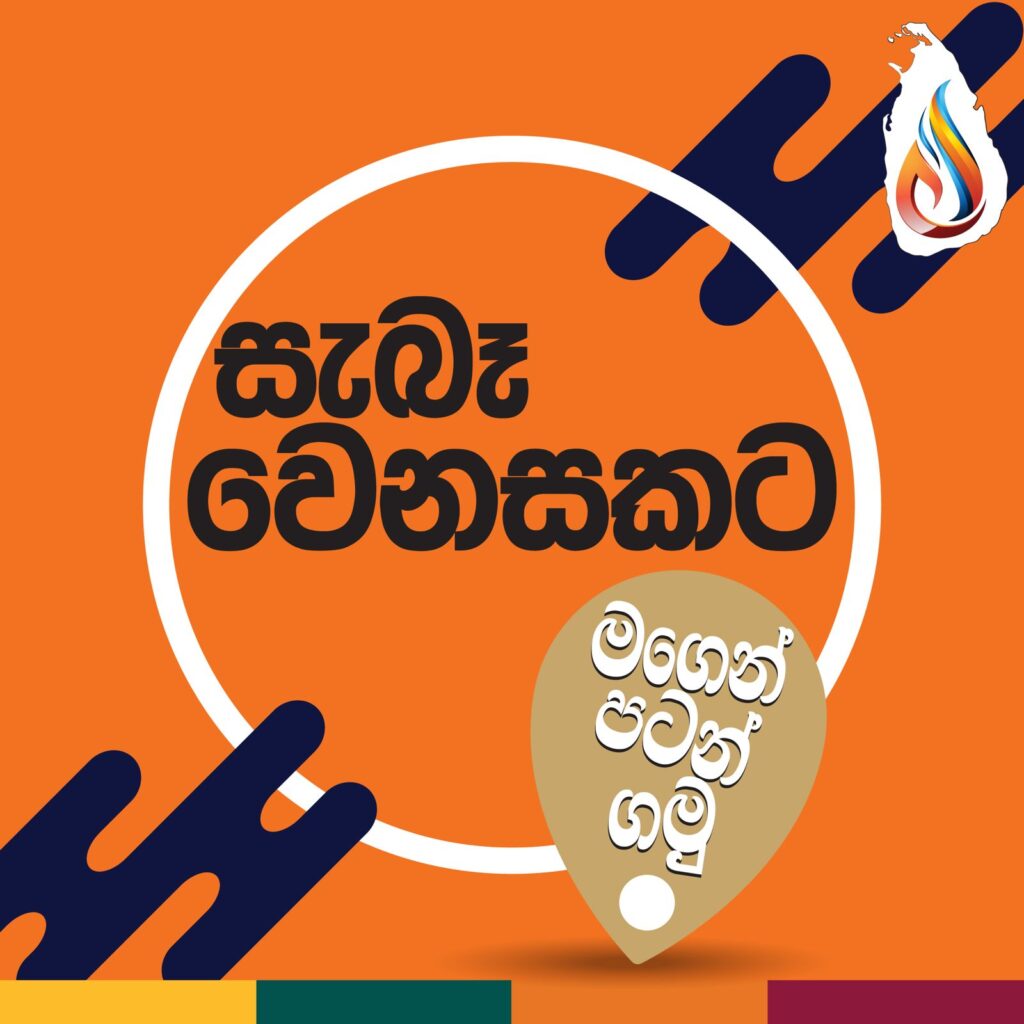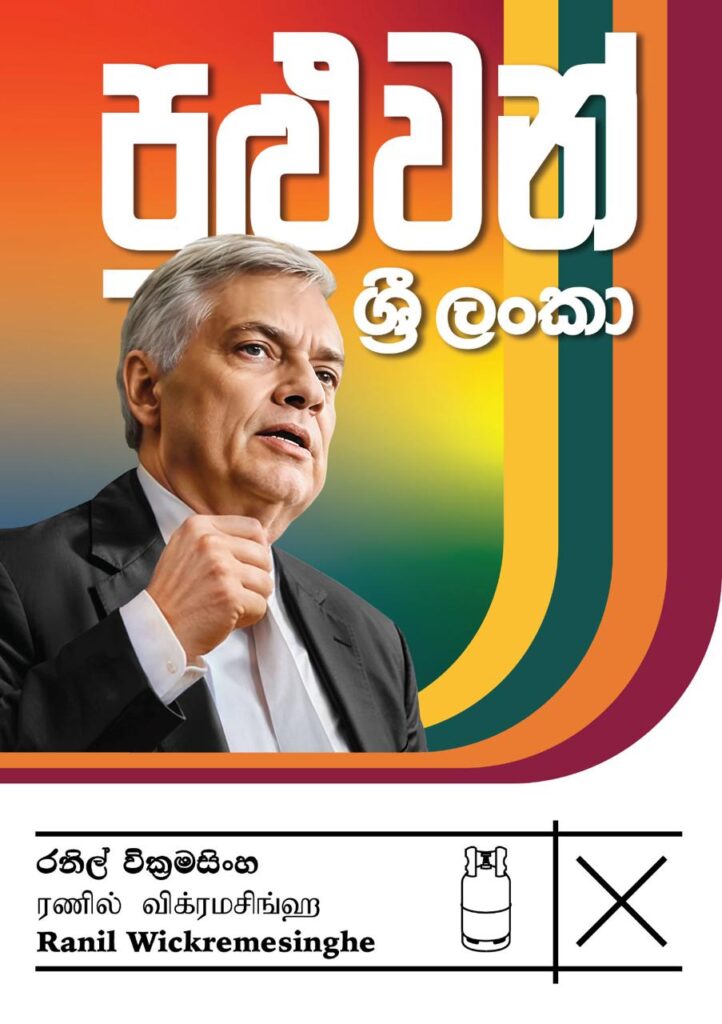By: Staff Writer
September 02, Colombo (LNW): Sri Lanka’s ongoing State-Owned Enterprise (SOE) reforms are unfolding during an unprecedented economic crisis and the lead-up to the 2024 Presidential election.
While the economic situation emphasizes the necessity of reforms, the timing of the election means that privatization must be postponed.
The focus should now shift to improving management, transparency, competition, and regulation, which would significantly enhance the value of these SOEs to both investors and society before any privatization occurs.
There is concern that the election might reveal widespread opposition to privatization, making it unfeasible afterward. Inviting bids now could lead to private bidders factoring in higher risks due to potential policy reversals post-election, resulting in lower bids. Privatization would be more effective if approached in a deliberate and measured way.
No decisions regarding the privatization and restructuring of SOEs assigned to the SOE Restructuring Unit (SOERU) will be made until after the new president takes office. SOERU Head Suresh Shah confirmed that decisions related to SOE privatization will only be made after the Presidential election, depending on the policies of the new president.
Shah noted that while restructuring efforts will continue, any decision on privatization will be deferred until after the election. The period for submitting bids for Sri Lanka Telecom (SLT) has been extended, with final bids expected by October.
Similarly, the bid period for Lanka Hospitals has been extended, and a decision regarding the bid from Melwa Hotels and Resorts Ltd. for Hotel Developers (Lanka) Ltd. (HDL), the holding company of Hilton Colombo, will be made after the election.
When SOERU was established in 2022, it was intended to be modeled after Singapore’s Temasek Holdings, acting as a holding company for all SOEs. However, the enactment of the new SOE law that would formalize this structure has been delayed.
Sri Lanka’s SOEs have underperformed on multiple levels for decades. Many of the 52 SOEs identified as key by the government generate adverse efficiency, fiscal, and distributional impacts. Information gaps abound.
Even the total number of SOEs is uncertain: estimates range from 300-500. Country reports under the current IMF programme in Sri Lanka show that Sri Lanka was long delayed in meeting the commitment to publish annual reports of the 52 SOEs, even up to 2022.
Mismanagement and a lack of transparency pervade the sector, perpetuating corruption vulnerabilities and weak corporate governance.
Deep reform is critical but requires a well-thought-out strategy given the sector’s multiple problems. After two privatization waves from the late 1980s-1994 and from 1995-2004,
SOE reforms have shown little traction. SOE reform is difficult in the best of circumstances. It requires effective, accountable and inclusive political and economic institutions.
The reform modality, timing, sequencing, public messaging and transparency, competition and solid regulation are critical to enhancing the value of these SOEs to investors and society. Privatizing now, instead of focusing on these aspects, puts the cart before the horse.



